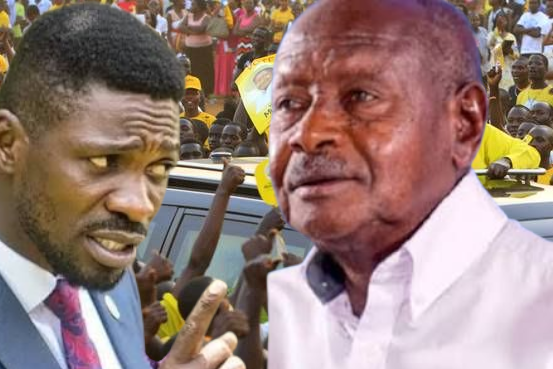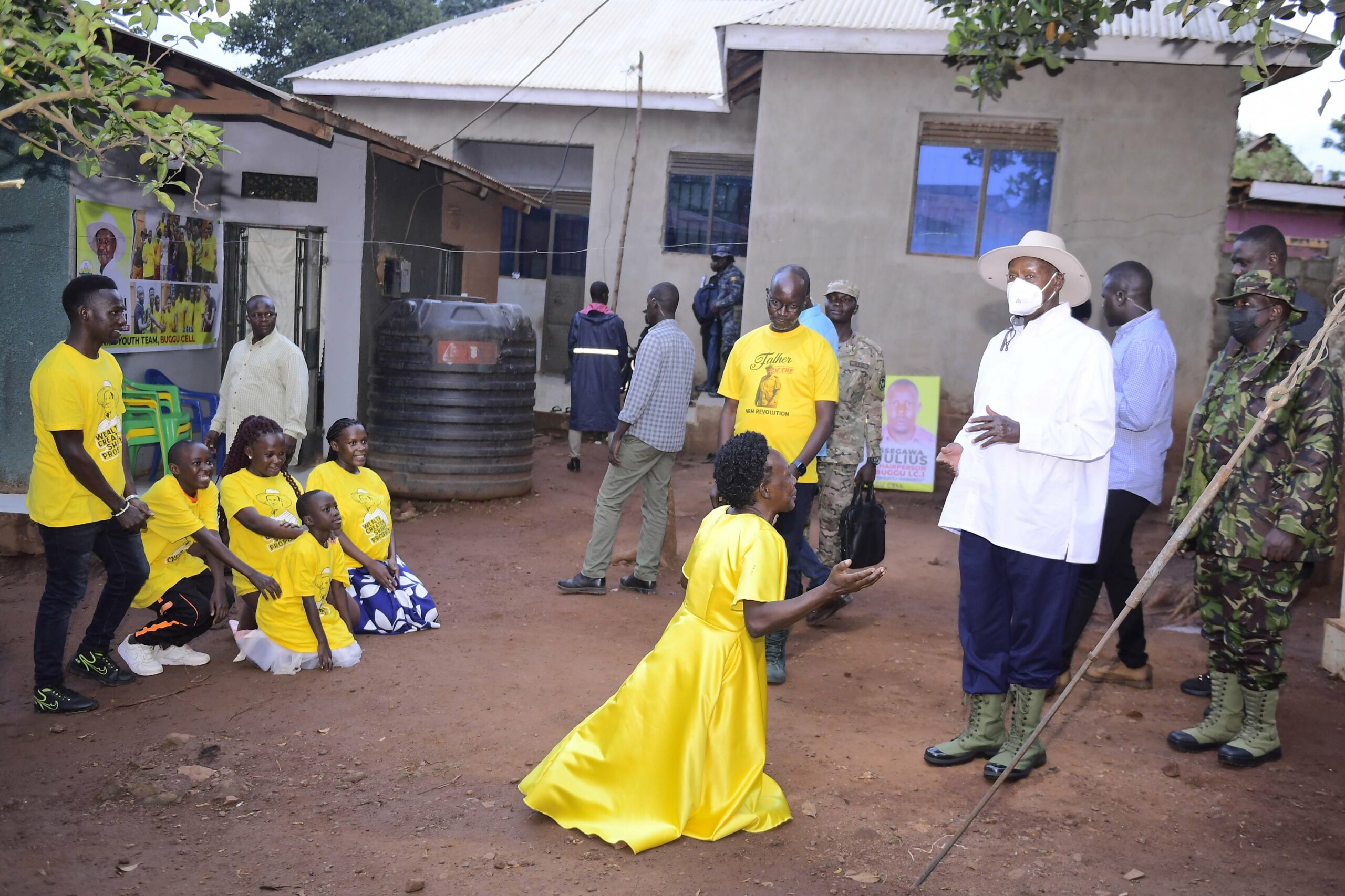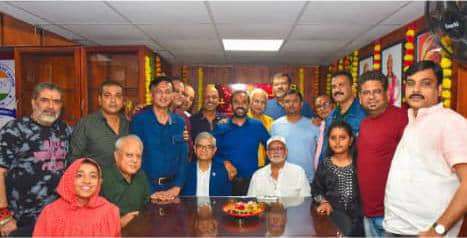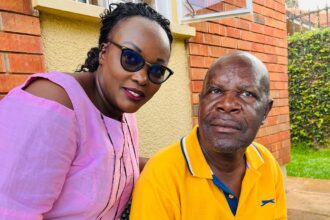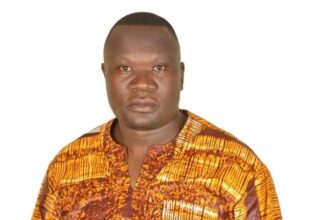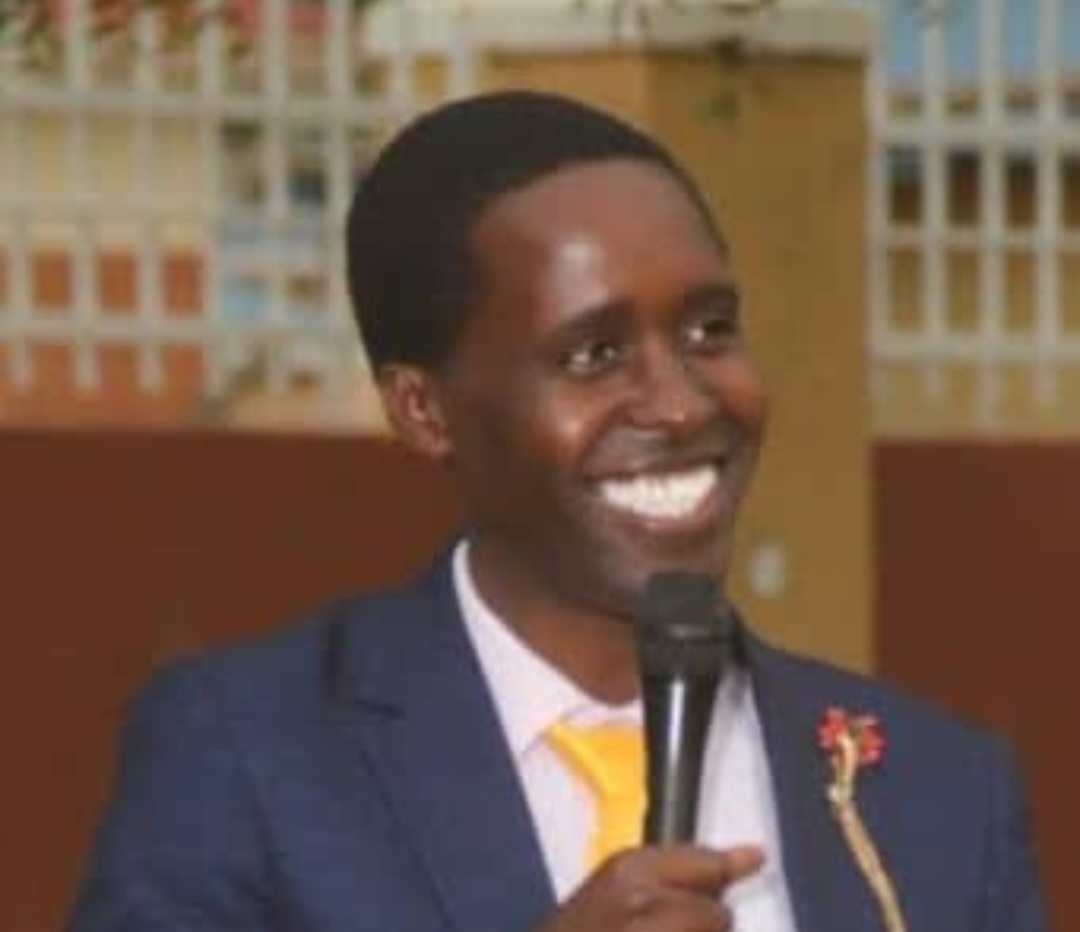In the volatile terrain of Ugandan politics, where perception often outweighs policy, Robert Kyagulanyi Ssentamu—popularly known as Bobi Wine—has found himself navigating a minefield of missteps that threaten to unravel the momentum his National Unity Platform (NUP) once commanded. What began as a populist surge driven by youthful energy and anti-establishment rhetoric has, in this political cycle, morphed into a series of strategic blunders that have left many questioning the party’s readiness to govern and its capacity to unify a diverse electorate.
One of the earliest and most glaring miscalculations was NUP’s underestimation of the National Resistance Movement (NRM) in the special interest group elections. The youth, elderly, and persons with disabilities—once considered fertile ground for NUP’s message of change—overwhelmingly sided with the ruling party. This defeat was not just numerical; it was symbolic. NUP had long boasted of its monopoly over youth sentiment, yet failed to translate that into tangible electoral success. The loss exposed a disconnect between the party’s rhetoric and its grassroots mobilization, revealing a hollow strategy that relied more on social media virality than on structured political groundwork.
Compounding this was the internal warfare that erupted within NUP’s ranks. The clash with Mathias Mpuuga, a seasoned politician and former Leader of Opposition, left the party bruised and dangerously fragmented. Rather than resolving ideological differences through dialogue, the fallout was public, bitter, and deeply damaging. It signaled to the electorate that NUP was not only struggling to manage external opposition but was also incapable of maintaining internal cohesion. The sidelining of politically grounded allies in favor of unsophisticated loyalists further deepened the crisis. By prioritizing loyalty over competence, NUP robbed itself of the intellectual and strategic muscle needed to navigate Uganda’s complex political landscape.
The selection of flagbearers for key positions has also raised eyebrows. While figures like Joyce Bagala, Dr Abeid Bwanika, and Medard Lubega Ssegona bring experience, their juxtaposition with entertainers and influencers such as Swengere, Walukagga, and Fred Nyanzi has sparked debate over the party’s seriousness. This blend of populism and professionalism has not yielded the desired synergy. Instead, it has weakened internal bonds and created ideological confusion. The party’s image—once that of a disciplined alternative—now appears scattered and inconsistent.
More troubling, however, is the nature of the flagbearer selection process itself. Numerous aspirants have come forward to accuse the Election Management Committee of fraud and corruption. Allegations abound that winners parted with large sums of money to secure endorsements, sidelining more deserving candidates. This has bred resentment and fractured local party structures. A more inclusive, transparent approach—perhaps through a delegates’ conference—could have shielded the leadership from blame and fostered unity. Instead, the current system has fueled perceptions of favoritism and eroded trust in the party’s democratic credentials.
Kyagulanyi’s stance on the Parish Development Model (PDM) was another strategic error. By threatening to scrap a program widely hailed by local Ugandans for its economic impact, NUP alienated a significant portion of the electorate. Rather than proposing reforms or enhancements, the outright demonization of PDM came off as tone-deaf and dismissive of grassroots realities. In a country where economic empowerment is a daily struggle, attacking a program that offers tangible benefits was akin to political suicide.
The attacks on Asuman Basalirwa and Abdul Katuntu—two of Busoga’s most respected opposition legislators—further eroded NUP’s credibility. Basalirwa, in particular, has been a consistent performer in Parliament, championing justice and human rights. Kyagulanyi’s call to vote him out was not only politically reckless but also culturally insensitive, given Basalirwa’s standing in a Muslim-dominated district. The move was interpreted by many as a purge on Islamic leadership, fueling suspicions that NUP harbors sectarian biases. In a nation as religiously diverse as Uganda, such perceptions can be fatal.
Kyagulanyi’s rocky relationship with the Buganda Kingdom has also cost him dearly. His public clashes with Katikkiro Peter Mayiga and the subsequent ban from CBS FM—a Kingdom-owned station—highlight a deepening rift. Accusations that the Katikkiro is aligned with the government have not only strained ties but also alienated a core constituency. Buganda has historically played a pivotal role in shaping Uganda’s political direction. To antagonize its leadership, especially without concrete evidence, is to gamble with one’s political future. Moreover, Kyagulanyi’s attacks on leaders groomed by Buganda, such as Ssegona and Mpuuga, have further entrenched the perception that NUP is at war with its own cultural roots.
In Kassanda, Kyagulanyi’s claim that the soil was rich with gold being stolen by the government was met with disbelief. While intended to stir nationalist sentiment, the statement lacked factual grounding and came off as either naive or deliberately misleading. For a presidential aspirant, such missteps raise questions about his grasp of national resources and governance. The electorate expects vision, not sensationalism.
His attempt to court General Salim Saleh—President Museveni’s brother—was another miscalculated move. By praising Saleh as the only sane member of the establishment, Kyagulanyi hoped to drive a wedge within the ruling family. Instead, he provoked a swift and scathing rebuttal from Saleh, who used the New Vision platform to dismantle Kyagulanyi’s credibility. The episode underscored the dangers of political brinkmanship and the futility of trying to outmaneuver seasoned power brokers without a solid strategy.
The Busoga debacle involving Rebecca Kadaga was perhaps the most humiliating. After Kadaga lost the CEC seat to Anitah Among, NUP attempted to forge an alliance, presenting Kyagulanyi as her nephew and mobilizing supporters to attend her homecoming. But Kadaga, a veteran politician, saw through the ploy. At the very event, she reaffirmed her loyalty to NRM and urged Busoga to vote for the ruling party. The boomerang effect was swift and brutal. What was meant to be a show of solidarity turned into a public rejection, exposing NUP’s desperation and lack of strategic foresight.
The marginalization of Muslims in party flag allocations has also stirred controversy. In Kawempe, a Muslim-majority area, all ten women council flagbearers are Christians. The decision to front Fred Nyanzi for Kawempe South, despite its Muslim demographics, was seen as tone-deaf. Similarly, the sidelining of Erias Lukwago, Ibrahim Kasozi, and Ssemujju Nganda—figures with strong Muslim support—has fueled speculation about NUP’s intentions toward the Islamic community. In a country where religion and politics are deeply intertwined, such moves risk alienating a vital voting bloc.
Joining the Inter-Party Organisation for Dialogue (IPOD) just two months before elections was another contradiction. After years of demonizing IPOD as a tool of regime legitimization, NUP’s sudden embrace of dialogue raised eyebrows. If the party truly believes it will win the election, why engage with structures it previously condemned? The move diluted the protest vote narrative and signaled either a lack of confidence or a shift in ideology that was never explained to supporters.
Perhaps the most consequential blunder of all has been NUP’s failure to unite the opposition. A plan hatched by the People’s Front for Freedom (PFF) to field a joint candidate was reportedly rejected by Kyagulanyi, according to PFF Secretary General Ssemujju Nganda. This decision fractured the opposition landscape and handed President Museveni a strategic advantage. In a political environment where unity is strength, NUP’s refusal to collaborate has created disjointed messaging, competing rallies, and voter confusion. The dream of a united front against the incumbent has been replaced by fragmented ambitions and mutual suspicion.
Kyagulanyi’s recent campaign promises, such as slashing power tariffs and downsizing the cabinet, while populist in tone, have done little to restore confidence. His criticism of NUP MPs over corruption was a rare moment of introspection, but it also exposed the rot within his own ranks. The party’s internal contradictions—between idealism and pragmatism, loyalty and competence, populism and policy—have become too glaring to ignore.
In sum, Kyagulanyi’s political journey this cycle has been marred by strategic blunders, cultural insensitivity, and ideological inconsistency. From alienating key allies and communities to misreading the national mood, NUP has squandered much of the goodwill it once enjoyed. The road to 2026 will require more than slogans and rallies. It demands a recalibration of strategy, a re-engagement with grassroots realities, and a genuine commitment to inclusive leadership. Otherwise, the promise of a “New Uganda” may remain just that—a promise.
The writer is the Assistant RCC Nyendo Mukungwe in Masaka City
Do you have a story in your community or an opinion to share with us: Email us at Submit an Article



